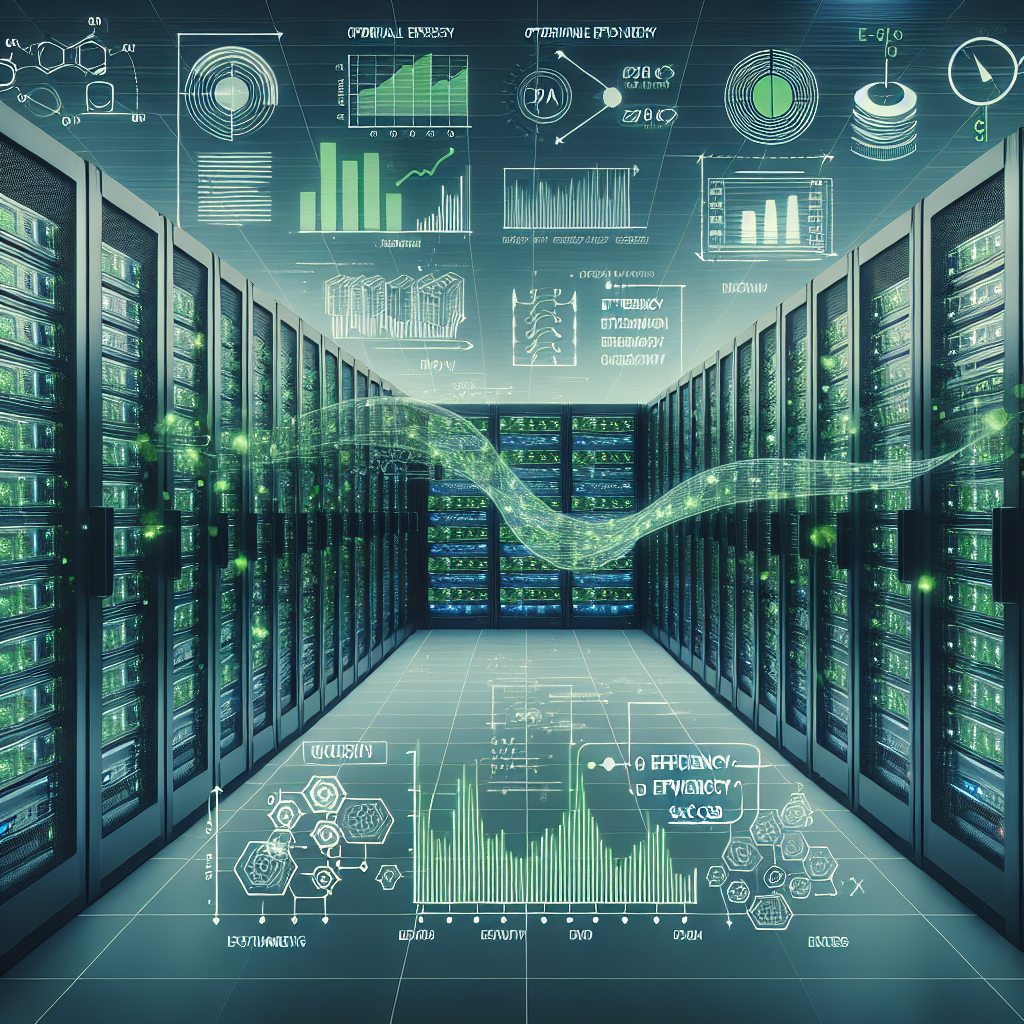Measuring Success: Metrics for Evaluating Data Center Operational Efficiency
In today’s digital age, data centers play a crucial role in storing and processing vast amounts of information for businesses of all sizes. With the increasing reliance on technology and data-driven decision-making, it has become more important than ever for data centers to operate efficiently and effectively. Measuring the success of a data center’s operations is essential to ensuring that it is meeting the needs of the organization and providing the best possible service.
One of the key aspects of evaluating data center operational efficiency is the use of metrics. Metrics are quantitative measurements that provide insight into how well a data center is performing. By tracking and analyzing these metrics, data center managers can identify areas for improvement and make informed decisions to optimize operations.
One important metric for evaluating data center efficiency is power usage effectiveness (PUE). PUE measures how effectively a data center is using power, with a lower PUE indicating greater efficiency. By tracking PUE over time, data center managers can identify opportunities to improve energy efficiency and reduce operating costs.
Another important metric is cooling efficiency. Data centers generate a significant amount of heat, and cooling systems are essential for maintaining optimal operating conditions. By monitoring metrics such as the temperature and humidity levels in the data center, managers can ensure that cooling systems are operating efficiently and prevent potential equipment failures due to overheating.
In addition to energy and cooling efficiency, metrics related to uptime and downtime are crucial for evaluating data center operational efficiency. Uptime refers to the amount of time that a data center is operational and available to users, while downtime is the opposite – the amount of time that a data center is offline or unavailable. By tracking these metrics, data center managers can identify trends and patterns that may indicate areas for improvement in reliability and availability.
Other metrics that can be used to evaluate data center operational efficiency include server utilization rates, storage capacity utilization, and network performance. By tracking these metrics and comparing them to industry benchmarks, data center managers can gain valuable insights into how well their operations are performing and make informed decisions to optimize efficiency.
In conclusion, measuring the success of a data center’s operations is essential for ensuring that it is meeting the needs of the organization and providing the best possible service. By using metrics to evaluate efficiency in areas such as power usage, cooling efficiency, uptime, and server utilization, data center managers can identify opportunities for improvement and make informed decisions to optimize operations. By continuously monitoring and analyzing these metrics, data center managers can ensure that their operations are running smoothly and efficiently, ultimately leading to better performance and cost savings for the organization.


